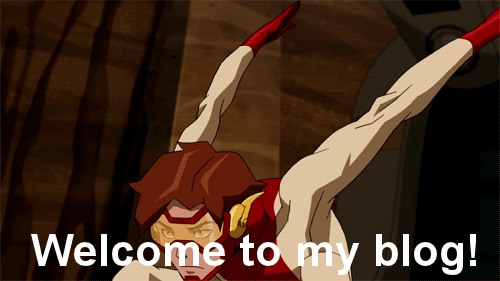I pretty much disagree completely with the premise of this post, which is that links are a distraction from and interruption of the online reading experience. But it’s important to keep in mind how the use of links in posts and stories has evolved and consider what the original purpose of linking was and what value it still has today.
Links were intended to add context to someone’s post. You linked to The New York Times because you were riffing off that story. You linked to another blog writer because he or she made a point you fundamentally disagreed with or wanted to add your own perspective to. You linked to an industry study to add weight to the recommendations you were making based on those findings.
Now links are self-congratulatory, with people primarily linking largely – or solely – to their own older material. That’s created an environment where links are frustrating and annoying instead useful and necessary.
It used to be links showed we were contributing to a bigger structure, where anyone could provide part of the foundation and anyone could build off that. Now links show people are only interested in building up themselves, sacrificing community recognition for personal branding. It’s hard to blame them, that’s what all the content professionals who publish lists of ways to build up a persona recommend. That, though, is what’s more distracting than the application of links in a way that provides value to everyone.
Chris Thilk is a freelance writer and content strategist who lives in the Chicago suburbs.
